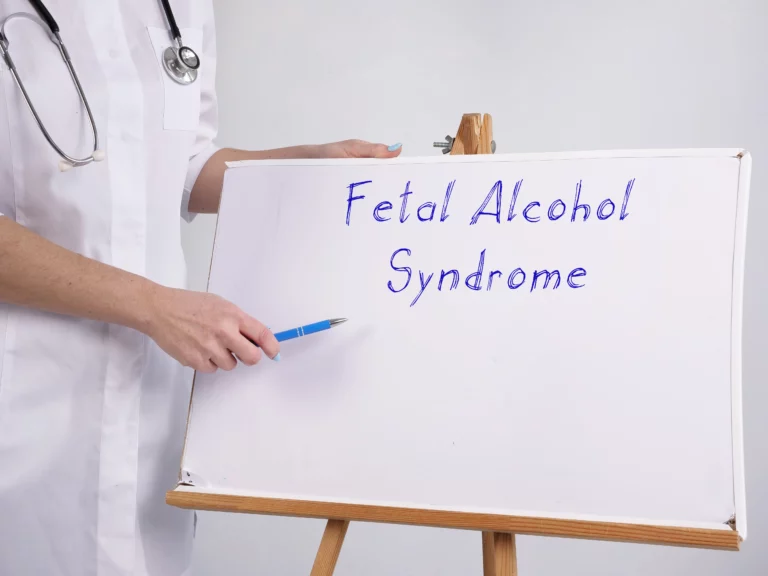5 Ways to Prevent a Meth Relapse
Especially in the first year after receiving treatment, there is a high rate of meth relapse. Those who have recently ceased using meth need to be aware of the high potential for relapse. Methamphetamine and related stimulants are highly addictive and it’s difficult to permanently break the cycle of abuse.
A combination of post-treatment follow-ups with medical professionals along with continued care and integration of meth relapse prevention services can make a big difference in an individual’s ability to maintain lasting sobriety.
5 Ways to Prevent a Meth Relapse
1. Aftercare Services
A benefit to drug treatment with Oasis Recovery Center is the opportunity to learn from peers who have experienced similar issues and even a meth relapse. One of our other clients may be available to help sponsor you after you complete your stay at our program.
At Oasis Recovery Center, you can find sources of inspiration and a support network that can be called upon for or otherwise be a source of support when you experience high-risk triggers in real-world situations that could trigger a meth relapse. A larger safety net helps decrease the likelihood of relapse.

2. Developing Healthy Habits
Creating new habits and developing hobbies to fill idle time is an essential and empowering part of maintaining sober living and avoiding a meth relapse. In early recovery, a significant amount of free time can feel overwhelming, especially when old routines that were once centered around substance use no longer occupy that space.
This is why it becomes crucial to explore new interests and activities that not only keep you engaged but also help you build a new identity separate from past patterns. Developing a new hobby or rediscovering the joys of an old hobby can be incredibly therapeutic, providing a sense of purpose, accomplishment, and fulfillment that may have been lacking during periods of substance use.
Engaging in creative, physical, or intellectual pursuits can also serve as a healthy distraction from cravings or negative emotions that might otherwise lead to relapse. Whether it’s picking up an instrument, trying out a new sport, learning a craft like painting or knitting, or delving into activities like gardening or cooking, hobbies allow you to channel your energy into something productive and meaningful.
These activities not only fill idle time but also promote personal growth and a sense of mastery, which can boost self-esteem and confidence. As you continue to invest in these hobbies, you may discover hidden talents or passions that you never explored before, contributing to a richer, more satisfying life.
Moreover, hobbies can also create opportunities for social connections that support your sober lifestyle. Joining a group or class related to a new interest allows you to meet like-minded individuals who share similar goals and values, fostering a sense of community and belonging.
This social engagement can be an important safeguard against isolation, which can often lead to temptation or relapse. By replacing old habits with positive, rewarding activities, you are not only enriching your life but also building a sustainable foundation for long-term sobriety and emotional well-being.
Hobbies to consider include:
- Join a reading group
- Learn to play a musical instrument
- Yoga
- Cooking
- Writing or journaling
- Visual art
- Swimming
- Vocal lessons
- Indoor rock climbing
- Volunteering
- Martial arts
3. Avoiding High Risk Triggers
High-risk triggers can include a variety of environments, situations, and relationships that may unconsciously or consciously remind an individual of their past substance use. One key environmental trigger is a location where a person previously bought or used drugs, such as an old neighborhood or a particular store.
These places can bring back strong associations with past behaviors, increasing the likelihood of relapse. In addition to physical locations, the people someone used to interact with—those who might have enabled or encouraged their negative behavior—can also be powerful triggers. These individuals may still engage in harmful activities or influence unhealthy thinking patterns, leading to a renewed temptation to return to old habits.
Moreover, certain life circumstances that create stress, such as relationship difficulties, financial pressures, or work-related challenges, can heighten emotional vulnerability. When people feel overwhelmed by these stressors, they may seek substances as a form of self-medication to escape or numb their feelings.
In many cases, the cumulative effect of these stressors can make it more difficult to resist the pull of addiction, underscoring the importance of building healthy coping mechanisms and maintaining distance from high-risk situations and influences.

4.Mental Health Therapy
Attending regular therapy sessions is a crucial and positive resource during treatment, and it should be continued even after the formal treatment process ends to ensure clients remain on the right track in their recovery journey. Consistent therapy provides a structured opportunity to check in with yourself, offering a designated time and space to reflect on personal progress, challenges, and any ongoing struggles.
In these sessions, clients can openly discuss their emotional state, examine their thoughts, and evaluate any potential triggers that may arise in their day-to-day lives.
One of the significant benefits of therapy is that it offers a safe, non-judgmental space where individuals can address deeply rooted issues, such as past trauma, painful memories, or unresolved emotional conflicts, which could otherwise hinder recovery.
By unpacking these experiences, clients gain deeper insight into their behaviors and how their past may continue to influence their present decisions.
Furthermore, therapy sessions provide an essential platform to openly talk about temptations and cravings that may arise, particularly the urge to relapse.
Addressing these feelings with a counselor allows clients to develop practical coping strategies and healthy alternatives to manage these moments when a meth relapse could be possible. Importantly, attending regular therapy sessions is not just about personal reflection, but also about accountability.
Therapy provides an external layer of support and reinforcement, ensuring clients have someone to check in with regularly to stay committed to their recovery goals. This sense of accountability can significantly enhance motivation, as clients know that they have a professional who is invested in their well-being and who can help guide them through any obstacles they may encounter.
Over time, these sessions not only help maintain long-term recovery but also promote personal growth, self-awareness, and emotional resilience, all of which are integral to sustaining a healthy, substance-free life.
Your therapist can make you aware of signs that you seem to be engaging in negative thought patterns, if you are putting yourself in situations with high-risk triggers, or other thoughts or activities that may put you at risk for relapse. Counseling is an opportunity to continue your growth and can help you maintain a sense of well-being as you continue to pursue lasting sobriety.
Common mental health counseling techniques include:
- Cognitive-behavioral therapy (CBT)
- Dialectical behavior therapy (DBT)
- Trauma therapy
- Group therapy
- Family therapy

5. Research Advancements and a Change in Public Perception
Some research has shown that a combination of the medications naltrexone and bupropion can help prevent relapse. Meth addiction has not received the same level of national attention as the opioid epidemic. There are theories that this is because of stigmas and misperceptions about the sort of individuals, and lifestyles, associated with meth use.
Incredibly potent opiates like fentanyl have created such an urgent situation that lawmakers and individuals have been more willing to accept widespread use of life-saving medications like Narcan (naloxone) for overdoses, as well as Methadone and Suboxone for medication-assisted treatment as forms of relapse prevention.
Warning Signs of Meth Relapse
A person who has relapsed on meth is likely to rapidly change their daily behavior and activities as a result of high levels of addictiveness and potential for life disruption. Red flags that someone you care about may have relapsed on meth can include:
- Increased secrecy
- Abnormal activities
- Mood changes
- Sustained bursts of energy
- Ignoring self-care and personal hygiene
- Rapid weight loss
- Skin sores
- Excessive talkativeness
- Shakiness or tremors
- Paranoia
- Unpredictable behavior
Triggers for meth relapse can include:
- Isolation
- Loneliness
- Work-related stress
- Exposure to drug use
- Relationship conflicts
Contact Oasis Recovery Center to learn more about Meth Relapse Prevention
Meth relapse poses one of the most serious risks to your health and well-being. If you or your loved one is showing signs that they are struggling to maintain sobriety, we encourage you to reach out to Oasis Recovery Center in Asheville, NC, for information about our range of drug rehab treatment programs as well as mental health counseling services. Contact us or call us directly today to speak with a specialist who can tell you more about resources and treatment options for relapse prevention.








